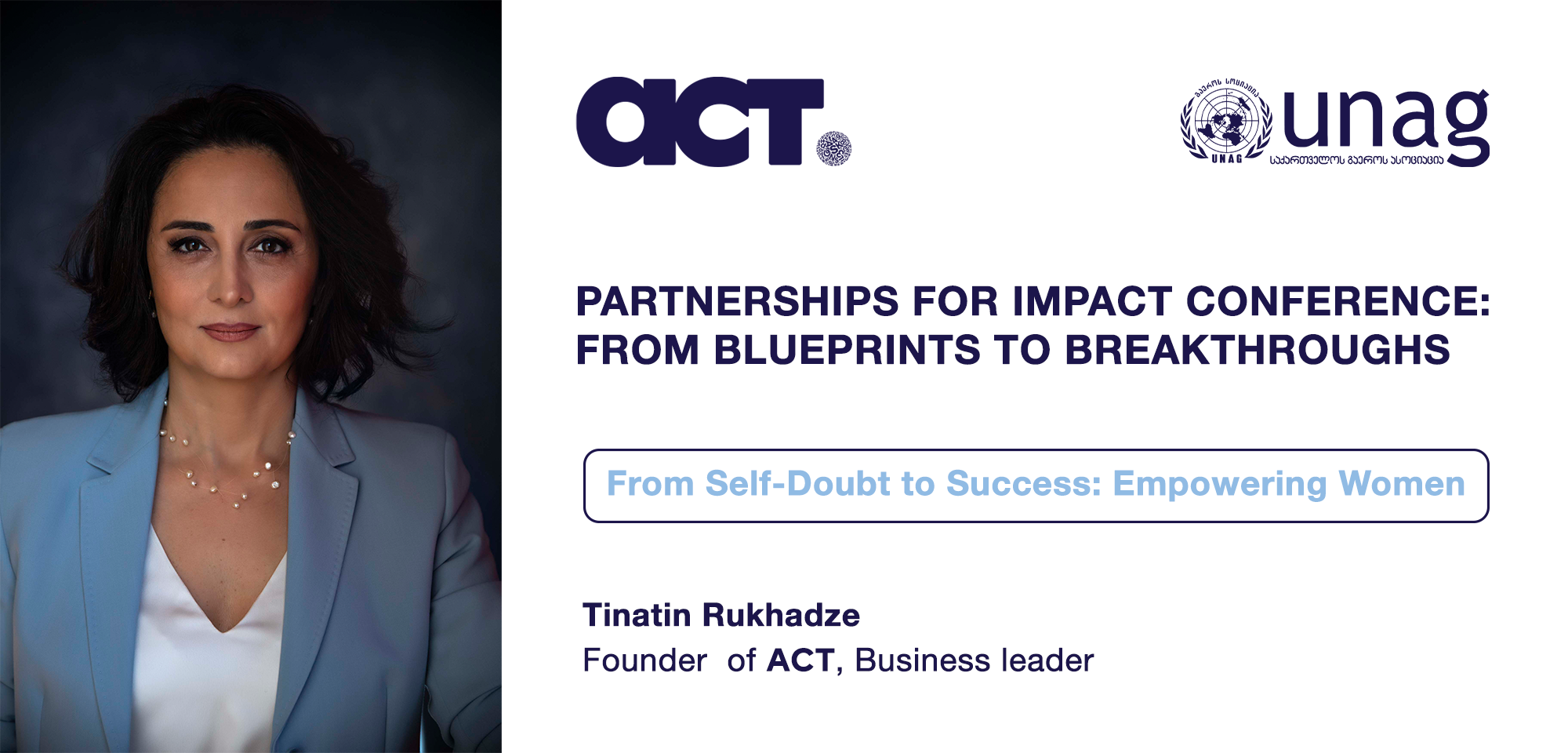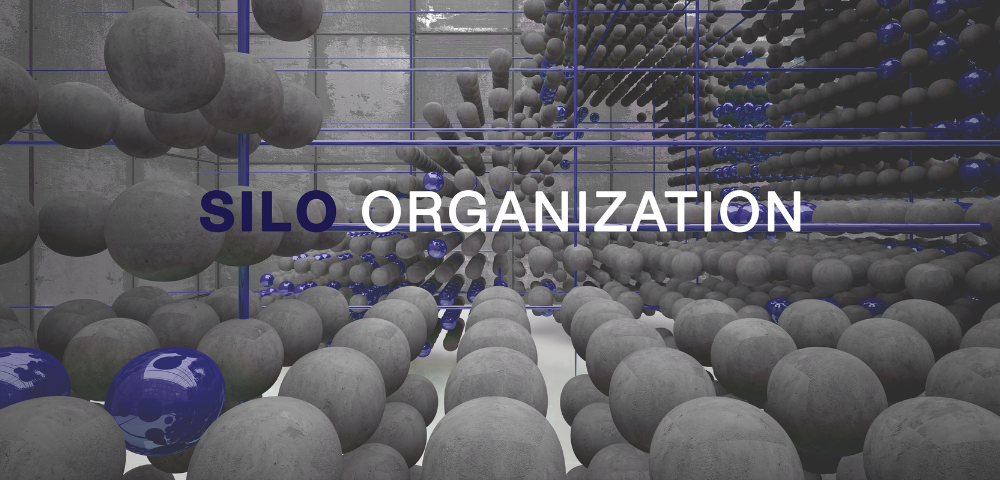In the year 2024, businesses are encountering significant transformative changes. Geopolitical instability and climate change have created an immediate demand for businesses to achieve self-sufficiency and foster resilience. Simultaneously, technological advancements, particularly in the realm of artificial intelligence (AI), hold the potential to revolutionize every facet of our lives. Nurturing a business during this crucial juncture necessitates striking a careful balance between upholding sustainability, harnessing digital technology, and maximizing human potential.
The purpose of this article is to assist business managers in effectively managing these challenges and, furthermore, to offer them a guiding vision for successfully navigating and expanding their businesses within this intricate landscape.
Business Sustainability - Challenges and Opportunities
Sustainability becomes a strategic imperative for businesses in 2024. Resistance to change and environmental challenges, increased competitiveness, stable and long-term development are not only business needs but also the basic requirements of consumers and investors.
Below, we discuss important factors that will influence the formation of the business environment in Georgia in 2024 and, accordingly, the sustainability of business. One of the priorities for business managers should be to prepare to respond effectively to these anticipated challenges and opportunities.
Geopolitical Factors
Georgia is located in a complex geopolitical landscape in which regional reorganizations are taking place. In light of the Russian-Ukrainian war, there is growing concern for the stability of our country and the security of our borders. No less of a risk factor is the growing likelihood of conflicts in the Middle East. These factors may have a negative impact on trade, tourism, investment, and commodity prices. Therefore, businesses should be careful about geopolitical risks and develop action plans in emergency (crisis) situations. It should also be noted here that there is a need to tighten cybersecurity measures because security today extends not only beyond physical borders.
We cannot ignore the local political context – in particular, the 2024 parliamentary elections. Elections are always associated with political conflicts and growing uncertainty. This, on the one hand, leads to lower consumer and purchasing sentiment, and on the other hand, to increased investor caution. Consequently, businesses will need to mobilize more resources to communicate with both customers and investors.
Economic Factors
Among economic factors, one of the most important positive factors for our country is obtaining the status of a candidate country for the European Union. Positive expectations for the country's economic growth in 2024 are associated with this event. According to the World Bank[1], the country's economic growth is expected to be 4.8%, and inflation is expected to be within 2.5%. Economic growth and consistently low inflation are important prerequisites for business sustainability.
Georgia's free trade agreements with several countries and ongoing negotiations with other countries regarding access to foreign markets also present significant business opportunities. However, it should be noted that first the pandemic, then the war in Ukraine, conflicts in the Middle East, and the global economic slowdown caused significant disruptions in the supply chain (e.g. delays, funnel effect). This factor may hurt Georgian exports. Accordingly, diversification of export markets, strategic alliances, and the introduction of modern logistics technologies are becoming important strategies for business. Trade regulation is another issue that Georgian businesses should take into account. Navigating the complex web of sanctions against Russia and other potential restrictions poses a significant regulatory risk. Therefore, understanding and complying with the legal framework is critical. Here, we should not forget about EU trade rules, compliance with which will be one of the main challenges in the coming years.
Another important economic risk factor is dependence on Russian energy resources. Accordingly, it becomes important for Georgia to prioritize achieving energy independence through the development of renewable energy sources and deepening regional energy partnerships. Georgia's potential in hydropower and solar energy becomes even more important for energy independence and sustainability. This provides opportunities for private businesses to attract green investments and use green technologies.
Climate change, the environment, and security
Experience has shown that Georgia is vulnerable to the effects of climate change, such as floods and droughts. Accordingly, adaptation to climate change should be one of the country's priorities. On the other hand, businesses must ensure their security and resilience by ensuring climate risks and investing in climate change adaptation.
In 2024, food security and sustainable agriculture will be no less a priority for Georgia. Focusing on sustainable farming practices and local food production is becoming increasingly important, ensuring food security and reducing dependence on imports. From a business perspective, the attractiveness of agriculture and local food production will increase.
Technology and artificial intelligence (AI) at the service of business
Artificial intelligence (AI) is poised to disrupt industries like never before. It provides incredible results in terms of data processing and analysis, optimization, and automation of workflows. From personalized healthcare to smart cities, the possibilities of artificial intelligence are endless. However, as well as opportunities, this also creates the risk of occupational change, workforce movement, and increased inequality among employees. Businesses should, therefore, focus on reskilling and upskilling their workforce to ensure that everyone benefits from the technological leap. It should be noted here that the security of personal information and the ethical use of technology are particularly pressing issues, which require responsibility, transparency, ethical practices, and security measures regarding the use of technology.
The challenges and opportunities for technological development in Georgia in 2024 are as follows:
• Integration of artificial intelligence (AI): The use of AI to automate tasks, analyze data, personalize user experiences, and streamline operations will increase. Thus, companies that are the first to embrace the power of AI will gain a competitive advantage.
• Data-driven decision-making: Integrating data analytics into organizational processes will enable businesses to make data-driven decisions at all levels. To take advantage of this opportunity, businesses must invest in developing relevant competencies within the organization. It will also be important to make changes to decision-making processes and systems.
• Cybersecurity: As mentioned above, increasing regional tensions increase the vulnerability of Georgian businesses to cyber-attacks. Investing in cybersecurity measures and increasing employee awareness is becoming critical.
• Cloud technologies: The attractiveness of cloud technologies will increase as they offer businesses scalability, flexibility, and cost-effective solutions.
• Digitalization and e-commerce: Dependence on online platforms and e-commerce is likely to continue to increase. Georgian businesses will have to adapt and invest in digital marketing and online business tools.
• Studying new technologies: The study of blockchain, metaverse, and other new technologies is becoming attractive due to the huge potential they have in terms of industry breakthroughs and new business opportunities. It is expected that we will see more startups in this direction.
• Potential as a technology hub: Georgia's low taxes, technological youth, and strategic location make it a potential IT and creative industry hub. Georgia has the potential to attract technology companies and stimulate innovation in sectors such as cybersecurity, financial technology, and artificial intelligence.
Human potential is the main capital of business
Artificial intelligence is more efficient than humans in analyzing data and performing repetitive tasks. However, it cannot replace the unique human qualities of creativity, empathy, and critical thinking. Overall, as the ability to use technology and artificial intelligence increases, so will the demand for human capital that can effectively interact with and use these technologies. Therefore, in 2024, it becomes important for businesses to develop these qualities and competencies in their employees. Companies that invest in employee well-being and development, encourage teamwork, and instill a culture of continuous learning will gain a competitive advantage. In the era of artificial intelligence, the true competitive advantage of a business will be its ability to adapt, innovate, and solve complex problems.
The main challenges and opportunities for business in Georgia in 2024 in the area of human capital are as follows Flexibility for hybrid and remote work: After the pandemic, many companies tried to return to traditional modes of operation. Some even implemented strict office-only policies. However, practice shows that this requirement is increasingly irrelevant today, and the flexibility of hybrid and remote work has become an important factor in attracting and retaining talent. Employees, especially the younger generation, are not ready to go back to the past and openly or quietly protest against it. Consequently, hybrid work models are expected to become the norm, forcing business leaders to think about new approaches and forms of communication for managing collaboration, engagement, and maintenance.
• Skills and upskilling: Technological developments have changed the education and skills paradigm. Today, education involves constant learning and development, mastering new competencies, and caring about increasing emotional intelligence. Hence, it is important for businesses to focus on creating a development-oriented work culture and invest in employee training and development.
• Prioritize employee well-being: Experience and research have shown that, despite high competence and extensive experience, people's performance suffers significantly when their mental or physical well-being is compromised. Therefore, creating a psychologically safe environment for employees, and prioritizing their physical and mental well-being, will be one of the most important business tasks. Accordingly, investment in training, mental health, personal development, and physical health programs will increase.
• Empathetic and people-oriented leadership: Gone are the days of charismatic, strict, "all-powerful," and "all-knowing" leaders. Today, the competence or ability to make decisions solely in the hands of a few poses the greatest threat to a business, as it loses flexibility and the ability to adapt quickly. Accordingly, maximizing human potential at all levels, providing maximum independence and autonomy to employees within their competence, as well as ensuring effective coordination between employees and teams, have become the main tasks of organizations today. Therefore, today's leaders must prioritize empathy, communication, and building trust with employees. Openness to feedback and developing a culture of teamwork will be key to business growth.2024 is not just an ordinary year - it is a turning point - a year of change. The choices a business makes now – at the intersection of sustainability, technological capabilities, and human potential – will determine its future. For business today, development means a paradigm shift, which forces it to reconsider its business model, development strategy, and leadership concept; becoming more ethical and responsible towards society and the environment, becoming faster, learning more to be able to take advantage of technology, and most importantly, becoming more people-oriented because it is human skills and potential that become increasingly important capital in the modern era. And if a business can cope with these transformative changes, it will not only survive but thrive and make significant positive changes in its environment.
Source: Forbes Georgia
[1] https://www.worldbank.org/en/publication/global-economic-prospects






